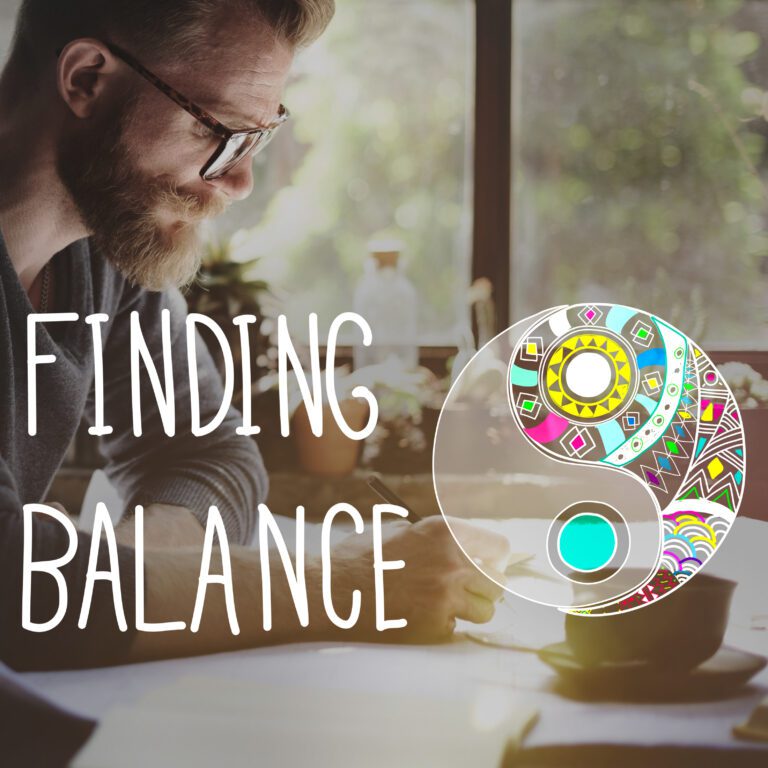The Ultimate Guide To Surviving When Your Partner Has Bipolar Disorder
The Ultimate Guide to Surviving When Your Partner Has Bipolar Disorder answers the question, “What are some strategies I should practice when my partner has bipolar disorder?”
I picked the top 8 strategies I feel will help you and your loved one. This list is not at all exhaustive.
Here they are in random order (mostly):
1) Understanding
The way to understand your partner is to educate, to educate, and to educate yourself some more. Read books about bipolar disorder, research it, and talk to your partner about their specific symptoms and needs. Show genuine interest in your partner’s diagnosis of bipolar disorder.
Bipolar disorder is a chemical illness. This is important to remember in the event your partner reacts in a way that hurts your feelings or puts you in a bad spot. Just like an individual with diabetes, it is not your partner’s fault.
I am not saying to victimize your partner and enable them. A negative reaction, such as yelling, screaming, or putting you down, may be indicative of a deeper issue or a possible impending episode. That is why it is important to understand your partner’s symptomology. You are the best advocate for your loved one during a manic or depressive episode.
If you can, go with your partner to their doctor’s appointments. Before COVID-19, my wife accompanied me to all of my appointments. She would go into the room to chat with my doctor and discuss any symptoms from an outsider’s point of view. Now that I meet with my doctor remotely via Zoom, my wife will give me information to relay to my doctor.
As with my doctor, the same goes for my therapist. In person, I chat with my therapist for a while, and then my wife comes in for the end of the appointment.
Educating yourself about bipolar disorder will be beneficial to your relationship, and it will show your partner how invested you are in them. From my experience, it further shows the compassion and love that my wife has for me.
2) Practice Acceptance
It is hard to accept the diagnosis of bipolar disorder if you do not understand it. It is so much easier to understand “the why” before you can practice acceptance.
Trying to accept bipolar disorder without understanding it is like a parent disciplining a child. Do you remember when your parents would say “Do this,” and you would ask “Why?” Some parents would respond with “Because I said so.” As adults, understanding the “why” helps with acceptance.
3) You Need “Me Time”
Having “me time” is so important to your overall well-being. This gives you time to rejuvenate and focus on your health. It gives you a chance to breathe and recuperate.
Everybody’s “me time” is different. Some like to work on a hobby. I enjoy writing. Others engage in running, listening to an audiobook, or getting a massage. Maybe a nice brisk walk is your thing while listening to music.
Find something that you can do every day just for yourself. Some people have a hard time doing this, but it is so important for your health. Otherwise, you can get lost in taking care of everyone else, and many individuals, over time, become bitter. Do not let this happen to you.
4) Have Friends
Many people have the same friends when they are married or living with their partner. Sometimes, it is just easier that way. Having your friends gives you a different support system to lean on in times of trouble or needed advice. You don’t have to worry (usually) about your friends passing judgment against you based on your problems—as long as they are true friends, of course.
Many relationships benefit by having a “guys’ night out” or “girls’ night out.” Not every couple is like this, but it is something to investigate and see if it helps your relationship.
5) Exercise Every Day
I put exercise as a separate point because this is important to do for everyone. Yes, you could call it “me time,” but “me time” should be something different in addition to your daily exercise program.
Studies have shown the efficacy of aerobic activity in improving mood in those with depression and bipolar disorder.
As you get older, it is a good idea to add resistance training as well. This can be as simple as doing some bodyweight exercises at home. As we age, our muscle mass slowly decreases. By adding resistance training, we can build part of this deficit back up.
When it comes to daily exercise, the important thing is to find something you enjoy. You will have a higher success rate by choosing an activity that you like and look forward to each day. Do you have an at-home DVD workout program you like? What about swimming? Biking? CrossFit? Running? Walking? I could go on forever, but I think you get the idea.
As with any workout program, please check with your doctor before beginning anything. Everyone is different, and you may need some type of modification. You and your doctor know your overall physical abilities best.
6) Have Patience
Patience is something we can all practice. It is especially important if you are the spouse of an individual suffering from bipolar disorder. Moods can change from day to day or even hour to hour. This also goes for motivation, energy level, and the degree of daily functionality.
Regarding medication, realize that finding the right combination can take time. It is easy to feel like a guinea pig with all the medication changes and tweaks. Your loved one doesn’t know how they are going to react to medication—and how it is going to make them feel—or what side effects they will experience. It took me close to 10 years to find a “cocktail” to stabilize me.
Patience and some deep breathing can go a long way. Remember, this is true to practice in every relationship.
7) Personality Changes From Medication
Realize that your partner’s personality can seem to change after a switch in medication. Psychotropic medications work on different pathways of the brain. For this fact alone, be prepared for the possibility that a person’s personality, mood, thoughts, energy level, and motivation can all change. This is not always the case, but it sometimes can be a hurdle to overcome.
8) Episodes Can Change Personality
During an episode, your loved one’s personality can change, too. That goes with the recovery time after an episode, as well. It takes time to recover.
There is no set time to stabilize completely. Sometimes it will be weeks and other times months.
Last Thoughts
Do you find anything helpful, in addition to the above list, that helps your relationship? What would you add or subtract in your ultimate guide? Please comment below with your ideas. I am interested to hear what helps you.
Thank you for your continued support! You are the lifeline of The Bipolar Battle, and that allows me to write for you each week.
I am intensely grateful and mean it from the bottom of my heart.
Until next time, take care of yourself!







